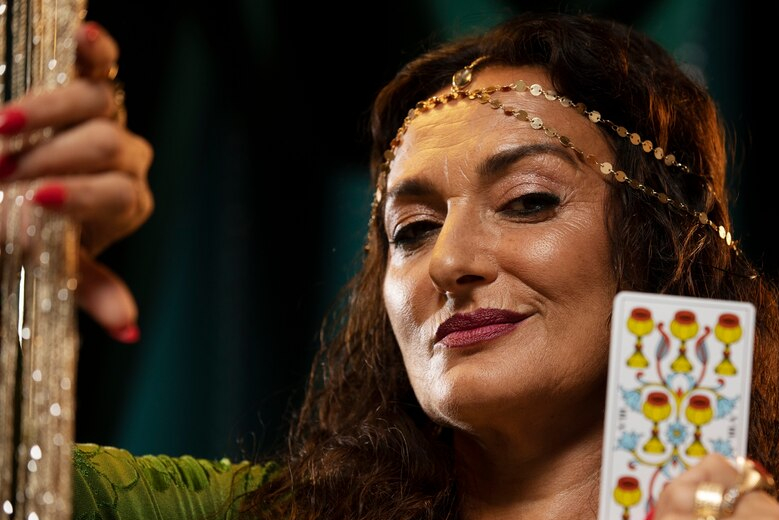Gambling has been an integral part of human history, and its relationship with religion varies across different cultures. In this article, we will explore whether gambling is against Hinduism, by discussing instances of gambling in Hindu scriptures, the concept of Dharma, and the moral perspective on gambling in Hinduism.
Gambling in Hindu Scriptures
Mahabharata
The Mahabharata, one of the major Sanskrit epics of ancient India, features a famous gambling incident. Yudhishthira, the eldest Pandava, loses everything, including his kingdom and wife Draupadi, in a game of dice against his cousins, the Kauravas. This story illustrates the negative consequences of gambling, such as the loss of wealth, respect, and relationships.
Rigveda
The Rigveda, one of the oldest Hindu texts, also mentions gambling. Certain hymns in the text describe the game of dice and caution against its potential dangers, including addiction, financial ruin, and social disapproval.
Hinduism and the Concept of Dharma
Dharma, a central concept in Hinduism, refers to the moral and ethical duties of an individual. It encompasses the idea of righteousness, guiding one’s actions in life. Although Dharma does not explicitly forbid gambling, it emphasises the importance of living a virtuous and responsible life, which can be compromised by the potential negative consequences of gambling.
The Moral Perspective on Gambling in Hinduism
The moral perspective on gambling in Hinduism is not straightforward. While ancient texts warn against its dangers and imply that excessive gambling can lead to moral decline, they do not explicitly prohibit it. The key lies in understanding the impact of gambling on one’s Dharma and maintaining a balance between enjoying leisure activities and fulfilling one’s moral and ethical responsibilities.
Conclusion
In conclusion, Hinduism does not explicitly condemn gambling. However, it emphasises the importance of living a righteous life based on Dharma. The moral perspective on gambling in Hinduism revolves around understanding the potential negative consequences and ensuring that one’s actions align with their moral and ethical duties. Ultimately, the decision to gamble is a personal choice that depends on the individual’s interpretation of the teachings of Hinduism.

Leave a Reply